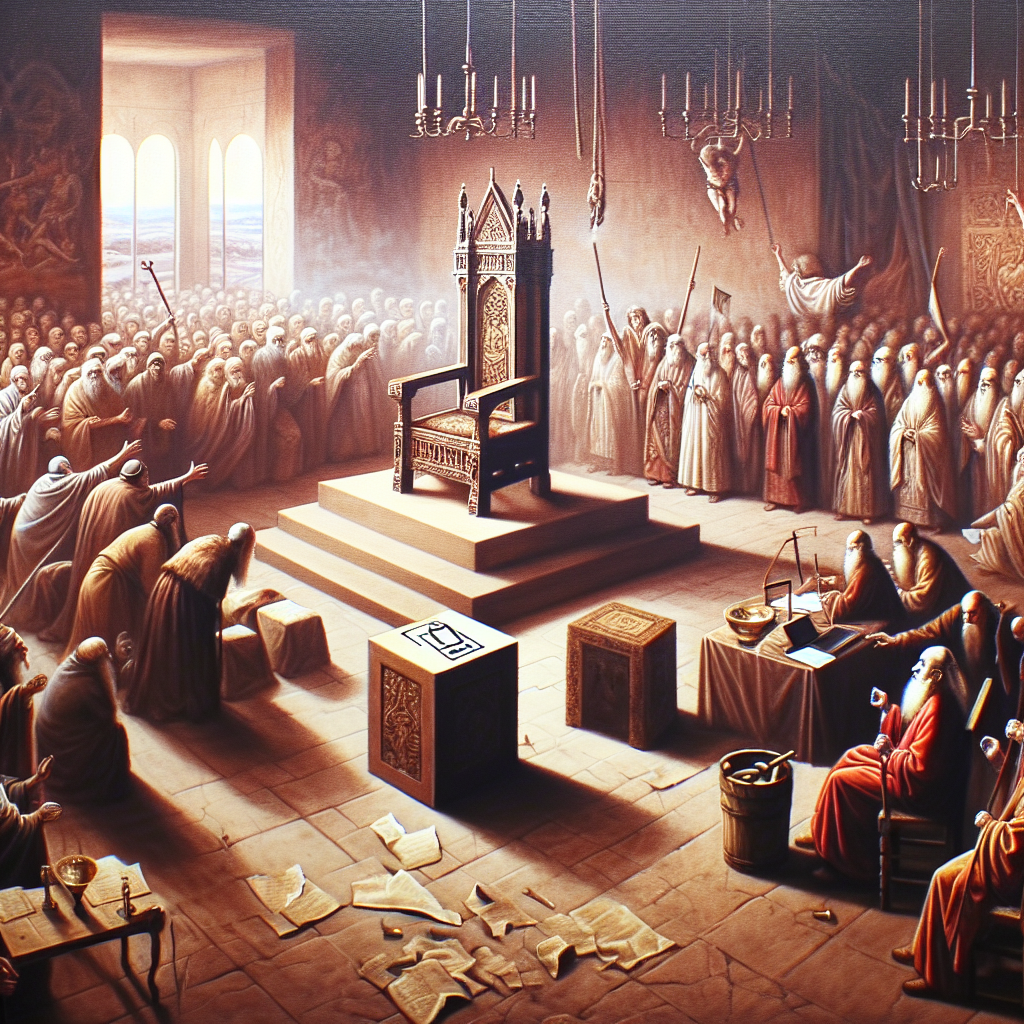Implications of Pope Leo XIV’s Election
Implications of Pope Leo XIV’s Election
Introduction
The election of Pope Leo XIV marks a significant moment in the Catholic Church’s history, bringing with it a wave of potential changes and renewed focus on various global issues. This summary explores the key implications of his papacy, highlighting the potential shifts in church policies and global influence.
Renewed Focus on Social Justice
Pope Leo XIV is expected to prioritize social justice, addressing pressing global issues with a compassionate approach.
- Emphasis on poverty alleviation and economic equality.
- Advocacy for environmental sustainability and climate action.
- Support for marginalized communities and human rights.
Modernization of Church Practices
With a progressive outlook, Pope Leo XIV may introduce reforms to modernize church practices and make them more inclusive.
- Potential for increased dialogue on controversial topics such as LGBTQ+ rights and women’s roles in the church.
- Efforts to bridge the gap between traditional beliefs and contemporary societal values.
- Encouragement of youth engagement and participation in church activities.
Strengthening Interfaith Relations
Pope Leo XIV is likely to focus on fostering interfaith dialogue and cooperation, promoting peace and understanding among different religious communities.
- Initiatives to build bridges with other religious leaders and communities.
- Promotion of mutual respect and collaboration on global humanitarian efforts.
- Efforts to combat religious intolerance and extremism.
Global Influence and Diplomacy
As a global spiritual leader, Pope Leo XIV’s diplomatic efforts could have far-reaching impacts on international relations.
- Potential to mediate conflicts and promote peace in troubled regions.
- Influence on global policy discussions, particularly on moral and ethical issues.
- Strengthening the Vatican’s role as a moral authority on the world stage.
Conclusion
Pope Leo XIV’s election heralds a new era for the Catholic Church, characterized by a focus on social justice, modernization, interfaith dialogue, and global diplomacy. His leadership is poised to address contemporary challenges while maintaining the church’s core values, potentially reshaping its role in the modern world.


















